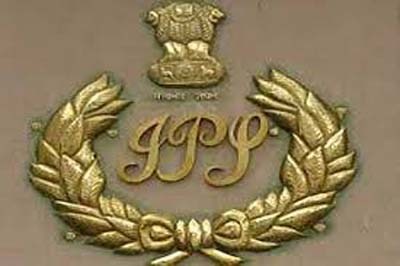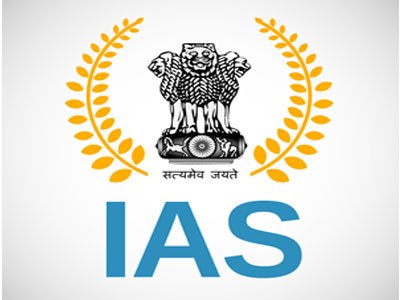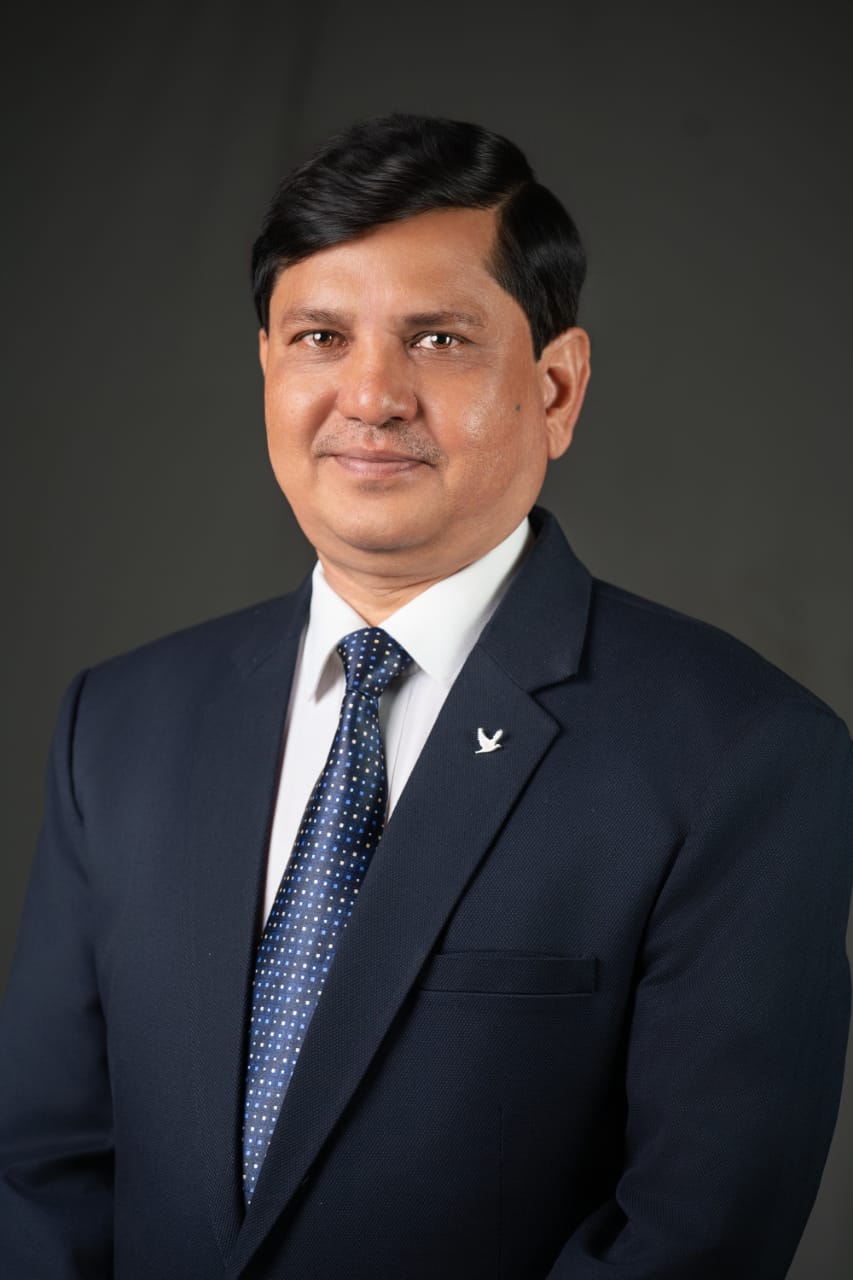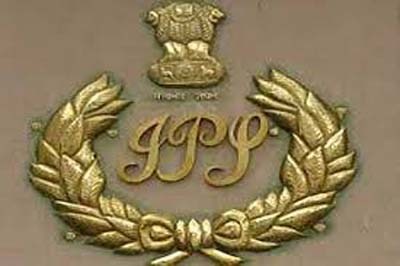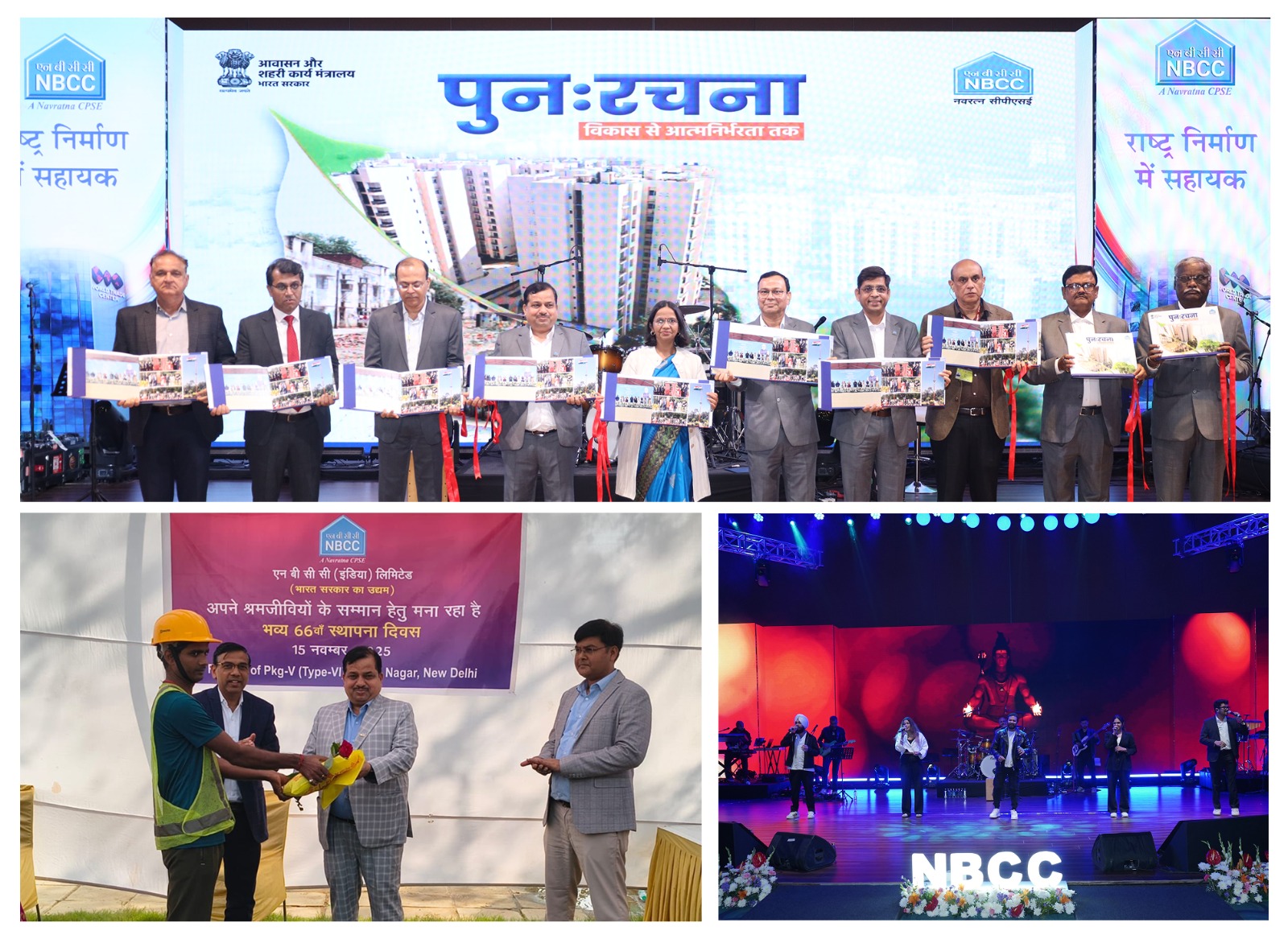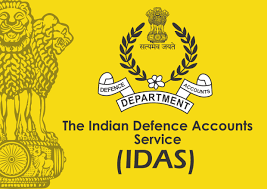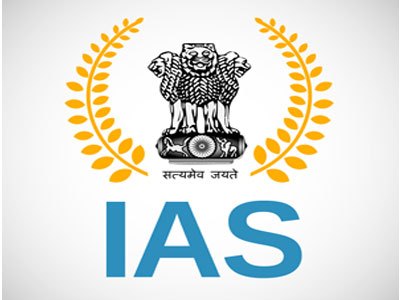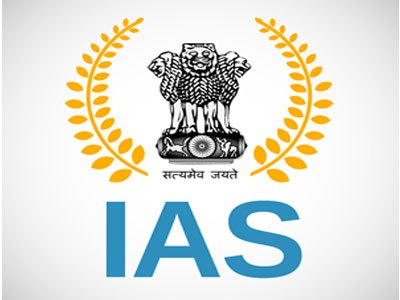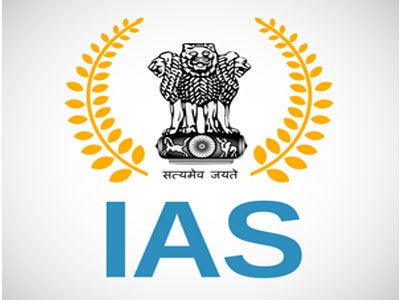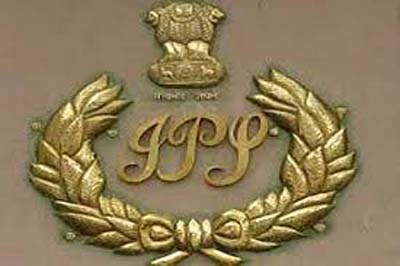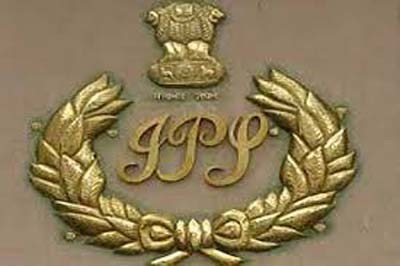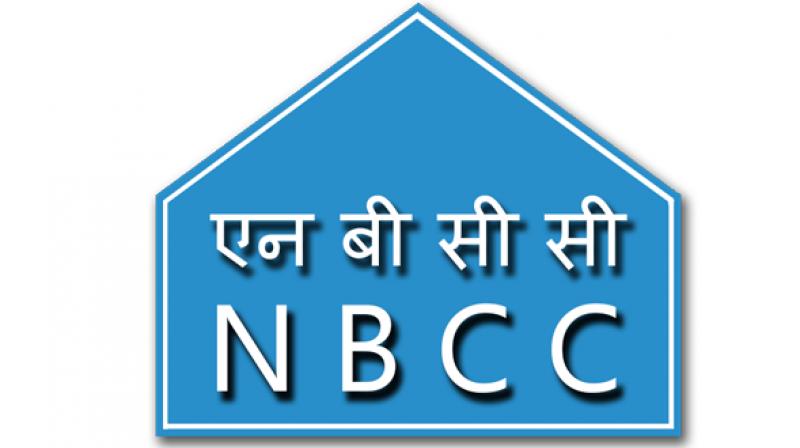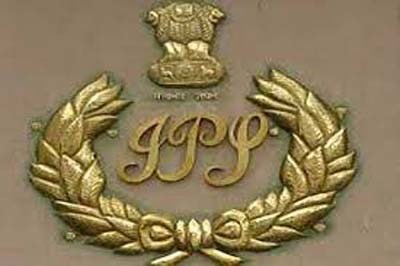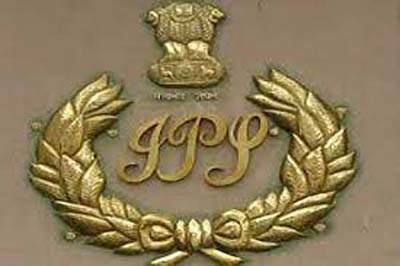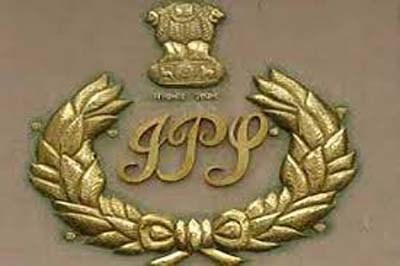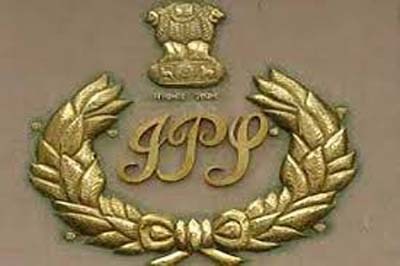In a major development at the Jawaharlal Nehru Port Trust (JNPT), one of India’s premier container handling port, the Union Minister for Ports, Shipping, and Waterways, Shri Sarbananda Sonowal, virtually flagged-off the dwarf container train service
from JNPT in the presence of Dr. Sanjeev Ranjan, IAS, Secretary, Ministry of Ports, Shipping, and Waterways, Shri Sanjay Sethi, IAS, Chairman, JNPT and Shri Unmesh Sharad Wagh, IRS, Deputy Chairman, JNPT. With this, the first consignment of laden Dwarf containers from Dwarf container depot (DCD) at the port was being moved by train to ICD Kanpur. The port is set to gain steadily from the implementation the Dwarf container train services from JNPT, as the rail movement of EXIM cargo through double stacked dwarf containers, would offer competitive cost advantage to the EXIM community, resulting in an increase in port cargo
traffic via rail route. As the name suggests, the ‘Dwarf Containers’ are lesser in height by 660 mm than normal ISO containers, giving them a logistical edge. The Low height of dwarf container loaded on trailers can pass through rural, semi urban and urban roads, through limited height subways & level crossing in electrified sections.Furthermore, the ‘Dwarf’ containers provide a 67% increase in volume when double-stacked and can carry a weight of 71 tons, against 40 tons by an ISO container. In addition, Indian Railways has offered 17% discount on haulage cost compared to double stack ISO container trains, resulting in an overall 33% discount to shippers making Indian Railways competitive. Thus the rail movement of cargo through Dwarf containers has the potential to lower the EXIM
logistics costs, making Indian exports globally competitive Speaking at the inaugural event, the Union Minister for Ports, Shipping, Waterways & Ayush, Shri Sarbananda Sonowal said, “The commencement of Dwarf container train services from JNPT is a pivotal step towards streamlining the rail movement of EXIM cargo via double-stacked dwarf containers. This will give the EXIM community a competitive cost advantage by lowering hinterland logistical costs, while simultaneously enhancing rail-cargo traffic at JNPT. Dwarf containers are port-friendly and can be manufactured in India at a cost- efficient price point, thereby opening-up opportunities for Make in India.”

